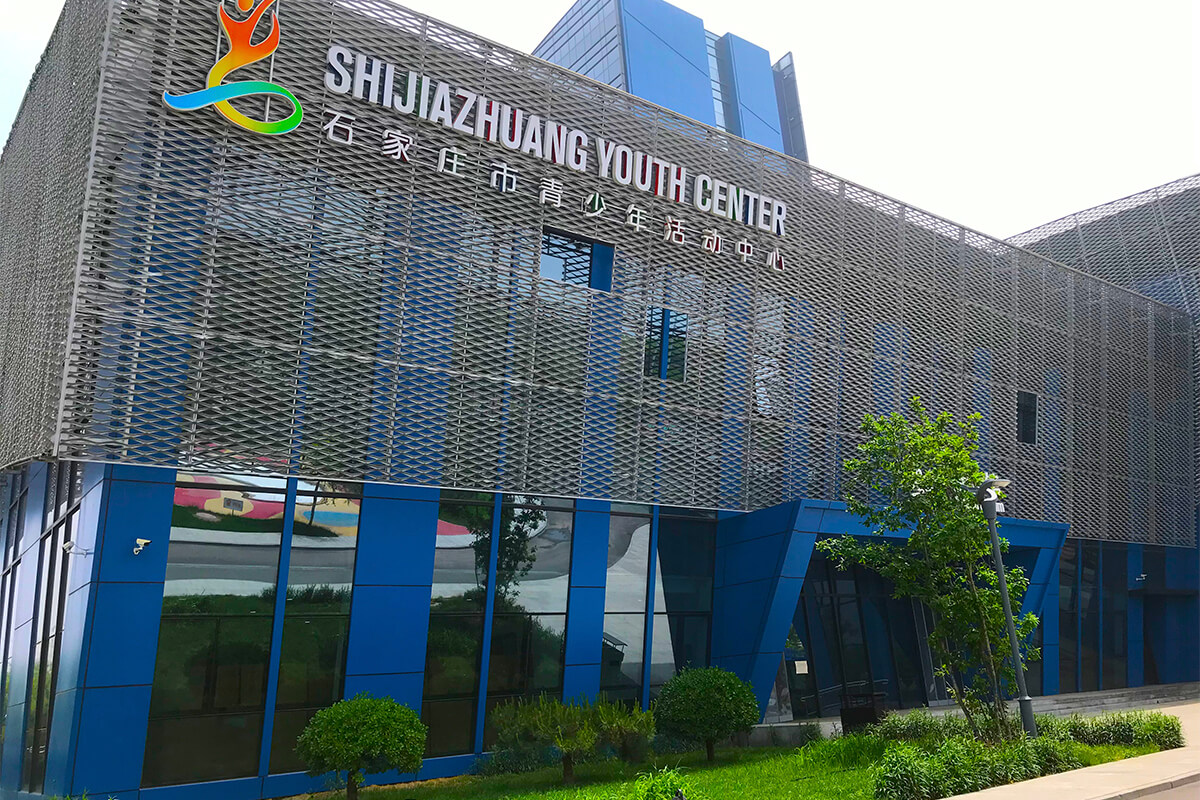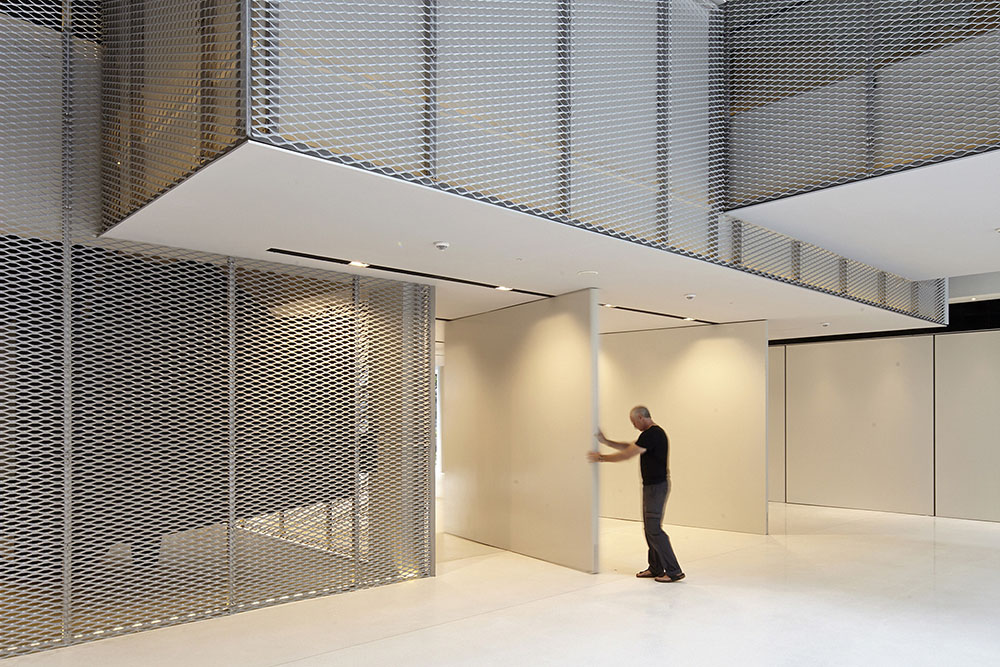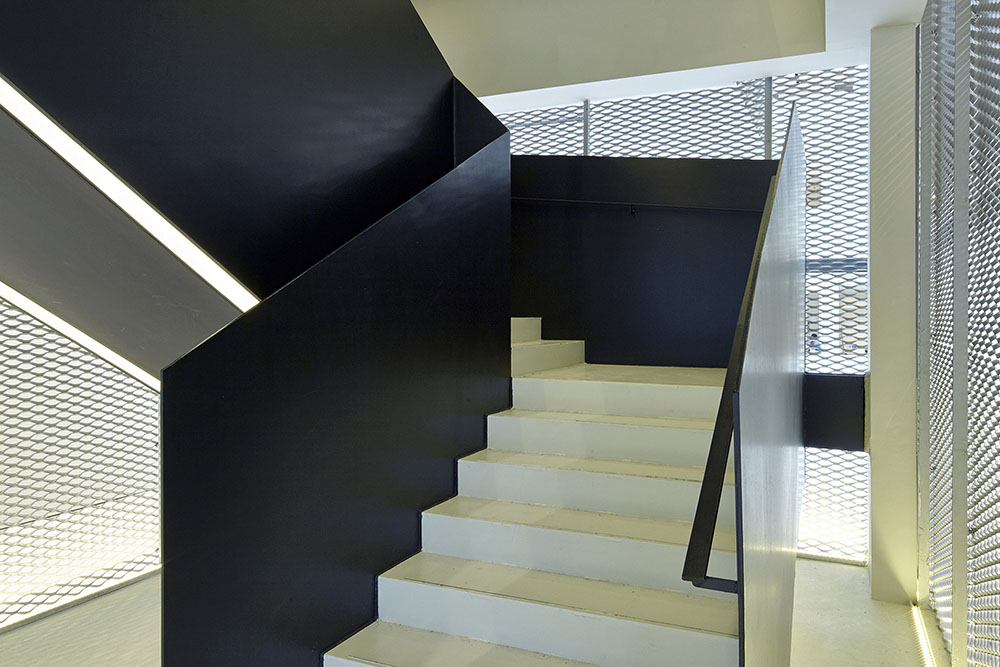Aluminium expanded metal is an increasingly popular material in modern construction, industry, and design. Produced by stretching high-quality aluminium alloy sheets such as 1060, 3003, or 5052, this material combines the light weight of aluminium with the durability and strength of metal mesh. Its unique manufacturing process creates interconnected strands and diamond-shaped openings, which provide both functionality and aesthetic appeal. As a result, aluminium expanded metal has become a preferred choice across architecture, industrial equipment, and environmental protection applications.
Core Advantages of Aluminium Expanded Metal
One of the most significant advantages of aluminium expanded metal is its lightweight yet strong design. With a density of only 2.7 g/cm³, aluminium weighs significantly less than steel, but through stretching and alloy reinforcement, it retains excellent tensile strength and flexural rigidity. This reduces the overall load on structures and lowers support costs, making it particularly advantageous for large-scale construction projects.
Another defining feature is its excellent corrosion resistance. Aluminium naturally forms a dense oxide film, which protects the surface from oxidation, humidity, and chemical corrosion. This property ensures a long service life even in coastal, humid, or industrially polluted environments, with minimal maintenance requirements compared to carbon steel products.
Aluminium expanded metal also offers design flexibility and aesthetic variety. It can be easily cut, bent, and shaped to suit complex architectural needs. Various surface treatments, such as anodizing, spray coating, or fluorocarbon paint, further enhance weather resistance while adding vibrant colors and textures. This versatility makes it equally valuable for functional and decorative applications.
In addition, the mesh structure enhances permeability. It allows air, light, and sound to pass through, creating natural ventilation, filtering capabilities, and partial sound absorption. This feature is particularly useful for curtain walls, ceilings, and industrial filtration systems. Furthermore, aluminium is a non-combustible Class A fireproof material, ensuring compliance with building fire safety standards. Lastly, it is 100% recyclable, aligning with modern green building and sustainability goals.
However, like all materials, it has limitations. The initial cost of aluminium expanded metal is generally higher than that of ordinary carbon steel. Its hardness and wear resistance are lower than those of certain high-strength metals, and its lower elastic modulus means greater deformation under heavy loads. Despite these drawbacks, the balance of performance and lifecycle value makes it a superior option for most projects.
Key Applications of Aluminium Expanded Metal
1. Curtain Walls and Exterior Decoration
Aluminium expanded metal is widely used in ventilated façade systems for high-rise and modern buildings. It provides sunshading, wind resistance, and a distinctive architectural appearance. Compared to galvanized steel, which is prone to rust, or stainless steel, which is heavier and more expensive, aluminium offers the best balance of weight, corrosion resistance, and color variety.
2. Indoor Ceilings and Ceiling Systems
In large public spaces such as airports, shopping malls, and stations, aluminium expanded metal is used for open ceilings. It reduces structural load, facilitates ventilation and air-conditioning return, and offers easy maintenance. Unlike gypsum board or mineral wool ceilings, it does not suffer from moisture damage or fragility, while still providing an open, modern aesthetic.
3. Industrial Platforms, Safety Fences, and Protective Covers
Its anti-slip properties, combined with its high strength-to-weight ratio, make aluminium expanded metal ideal for machinery platforms, walkways, and safety enclosures. Unlike heavy steel gratings or plastic mesh, aluminium offers durability, corrosion resistance, and ease of installation in industrial environments.
4. Environmental and Energy Facilities
Aluminium expanded metal is increasingly used in filtration systems, sewage treatment plants, and solar panel backplates. Its corrosion resistance ensures long-lasting performance in chemical and outdoor environments, while its recyclability makes it an eco-friendly choice compared to plastic or carbon steel alternatives.
5. Transportation and Decorative Uses
In transportation, aluminium expanded metal appears in train stations, airports, and automotive radiator grilles. In homes and art installations, it is used for balcony railings, security screens, and modern art décor, combining function with aesthetics.
Comprehensive Recommendation
Among various mesh materials, HIGHTOP Aluminium Expanded Metal offers an unmatched combination of strength, durability, corrosion resistance, and lightweight performance. While its initial investment may be higher than carbon steel, its long lifecycle and minimal maintenance result in lower overall costs. Compared to stainless steel, it delivers greater flexibility, lighter weight, and more design possibilities at a lower cost.
By selecting HIGHTOP, customers benefit from:
-
High-quality raw materials sourced from trusted aluminium alloys.
-
Precision manufacturing using advanced CNC equipment, ensuring uniformity and accuracy.
-
Customization services in terms of mesh size, surface treatment, and colors.
-
Professional support and guidance to guarantee smooth project implementation.
In conclusion, aluminium expanded metal is more than just a material—it is a versatile solution for modern construction, industrial applications, and creative design. With its superior balance of performance, durability, and aesthetics, HIGHTOP Aluminium Expanded Metal is the ideal choice for professionals seeking quality and long-term value.
Get in Touch
Please Email us via the contact form below, we will get back to you ASAP.









